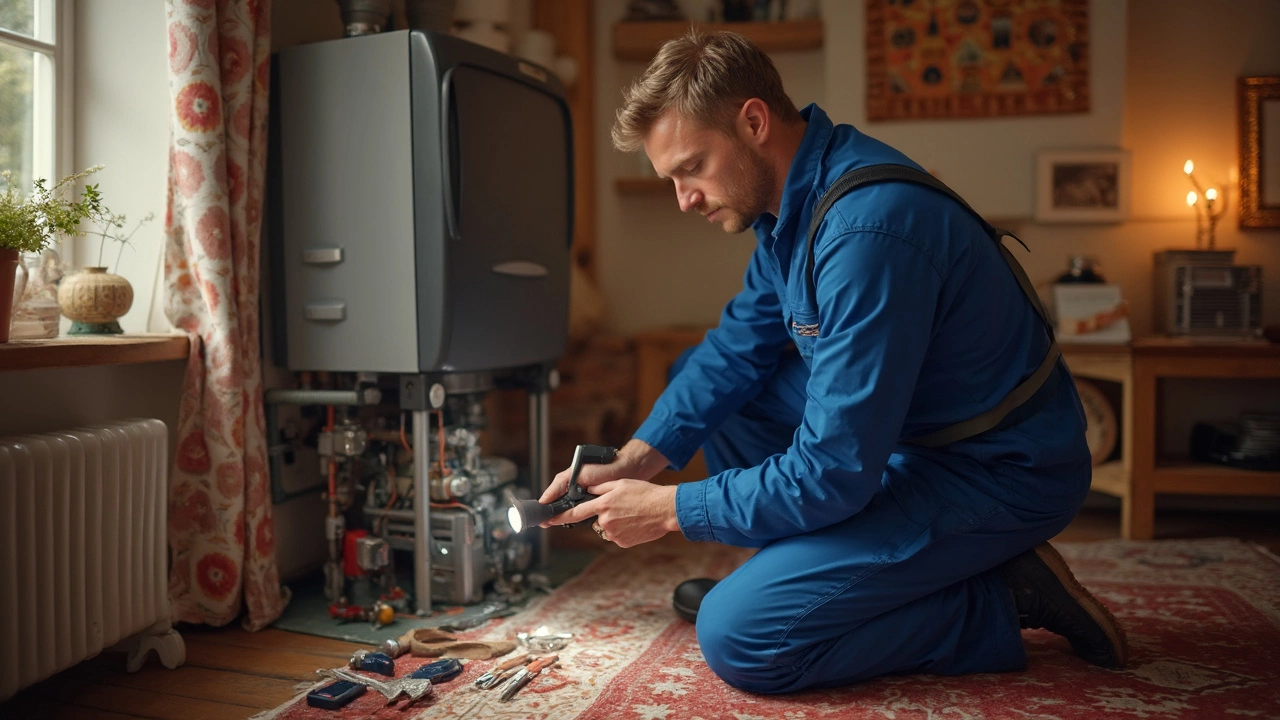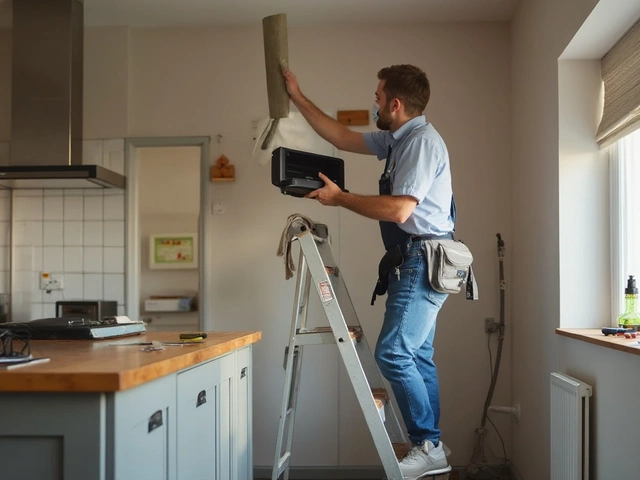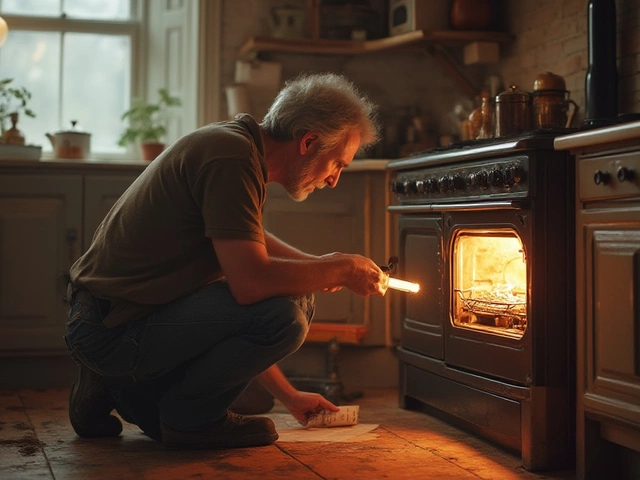Feeling the chill before the season even starts? A few easy maintenance habits can stop that. Whether you’ve got a heat pump, a gas boiler, or an electric water heater, regular care saves money and avoids emergency calls. Below are the most useful checks you can do yourself, plus when to call a pro.
Start by cleaning the outdoor unit. Remove leaves, grass, and dust from the fan and coils. A garden hose on a gentle spray works, but never use high pressure—it can bend the fins. Inside, change the filter every 1‑2 months during heavy use. A clogged filter reduces airflow and makes the pump work harder.
Next, check the refrigerant lines for frost. A thin layer of ice is normal in cold weather, but thick ice means a problem with airflow or a low‑charge system. If the frost builds up quickly, call a certified technician to inspect the coil and fan motor.
Turn off the boiler and let it cool before doing any work. Look at the pressure gauge; it should sit between 1 and 1.5 bar when the system is off. Low pressure can cause the boiler to shut down, while high pressure risks leaks. If the reading is off, top up the system with water from the radiator bleed valve.
Every year, schedule a professional service. The engineer will test the combustion, clean the heat exchanger, and check the safety valve. Skipping this step can lead to carbon monoxide leaks, which are dangerous and costly.
Flushing the tank removes sediment that makes the heater work harder. Drain a few gallons, let the tank cool, then fill it with fresh water and a little vinegar. Run the heater for an hour, then flush again until the water runs clear. This simple task can extend the heater’s life by years.
Check the anode rod every two years. The rod protects the tank from corrosion; a heavily corroded rod means it’s time for a replacement. Replacing it yourself is easy—just unscrew the old rod and screw in a new one of the same size.
Finally, test the temperature setting. Aim for 120°F (49°C). Higher settings waste energy and increase the risk of scalding, especially for families with kids.
By handling these quick checks, you keep your heating system running efficiently and avoid surprise breakdowns. Remember, a little time now saves you hours of cold and costly repairs later.

Regular boiler servicing is crucial to ensure safety and efficiency in home heating systems. A comprehensive service involves thorough inspections and cleaning, enhancing performance and extending the lifespan of the unit. Areas covered include checking the burner, inspecting the flue, and ensuring controls work correctly. Routine servicing helps prevent breakdowns and identifies potential issues early. Understanding what's involved can help homeowners make informed decisions and maintain reliable heating.

Ovens are essential in any kitchen, but they can sometimes act up. Whether it's uneven cooking, a door that won't close, or strange noises, there's usually a straightforward explanation—and solution. This article delves into typical oven issues, offers handy tips to troubleshoot them, and suggests when it's time to call a professional. Knowing these basics can help keep your oven running smoothly.

Annoyed by standing water at the bottom of your dishwasher? This article breaks down why your dishwasher isn't draining, what can cause it, and how to troubleshoot the most common issues. Learn about clogged filters, garbage disposal connections, and more. I'll also share some handy tips to help you prevent problems in the future. Whether you're a first-timer or have dealt with dishwasher headaches before, you’ll find practical advice here.

Ready to buy a new dishwasher? Check this guide for 2025's most unreliable dishwasher brands, stories you won't believe, and tested buying tips no one else will give you.

Wondering if you can swap out an extractor fan without calling in a pro? This article breaks down what it really takes to replace an extractor fan yourself, from the easy steps to watch-outs that could trip you up. Learn which tools you’ll need, how to stay safe with electricity, and where to draw the line and call an expert. Get helpful tips and facts straight from a practical perspective. Perfect for anyone ready to tackle a home repair without risking their safety or their ceiling.

Got a cold oven? Learn if you can swap that faulty heating element yourself, what tools you'll need, and exactly what to watch out for. Easy fixes, with real-life tips.